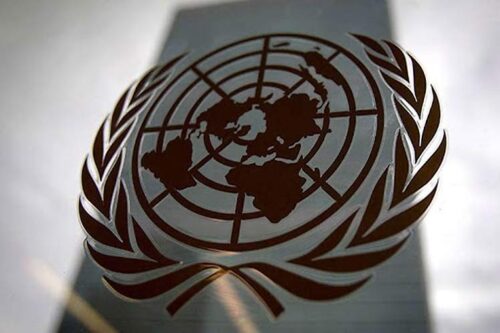The designation of the date in 2019 by the General Assembly of the United Nations (UN) condemns acts against people because of their religious affiliation, as well as actions directed against their homes, businesses, property, schools, cultural centers, or places of worship.
It also rejects attacks that violate international laws in and against religious sites and shrines.
The date was established after the International Day of Remembrance and Tribute to the Victims of Terrorism in recognition of the need to “work together so as to improve the implementation of existing legal regimes which protect people against discrimination and hate crimes, increasing interfaith, interclerical and intercultural efforts and the expansion of human rights education.”
These are the first steps in addressing incidents of intolerance, discrimination and violence against individuals on the basis of religion or belief.
The Universal Declaration of Human Rights recognizes freedom of religion or belief; freedom of opinion and expression; freedom of peaceful assembly and association as necessary guarantees for humanity.
These play a key role in the fight against all forms of intolerance and discrimination based on religion or belief.
According to the UN, open, constructive and respectful debate of ideas, as well as interreligious and intercultural dialogue, at local, regional, national and international levels, can play a positive role in the struggle against religious hatred, incitement and violence.
jrr/ybc/lam/ebr










